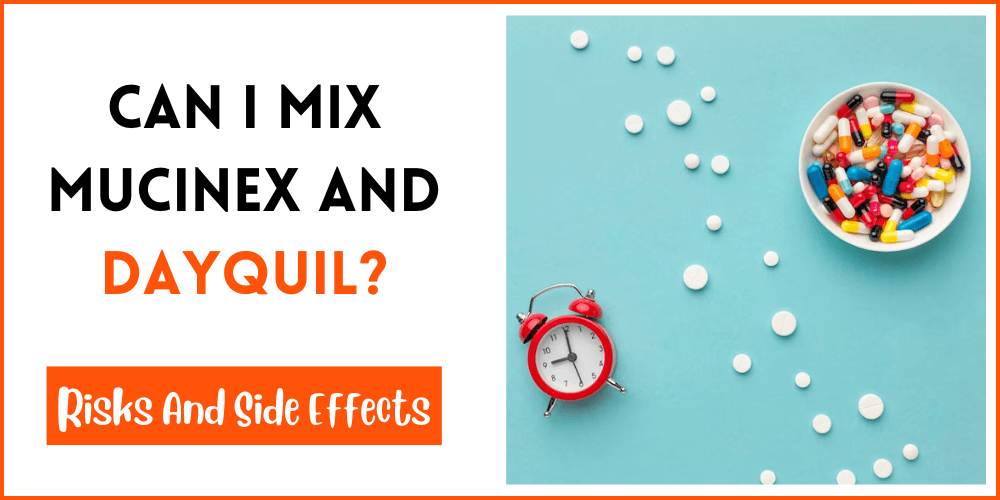

Henna has been used for centuries as a natural hair dye, and it’s still popular today due to its many benefits. It can add beautiful red or reddish-brown tones to your hair while also conditioning and strengthening it. However, some people may prefer a darker hair color, which leads to the question: What can I mix with henna to get black hair?
In this article, we will explore the different methods and ingredients you can use to achieve black hair with henna. From understanding how henna works to aftercare and maintenance tips, we’ve got you covered.
What Can I Mix With Henna To Get Black Hair?
The answer to this question is a combination of henna and other natural ingredients that have black pigments. These ingredients will help darken the resulting color from henna and give you the coveted black hair.
Before we dive into what to mix with henna for black hair, let’s understand how henna works and its natural color. Henna is made from the leaves of the henna plant, which contain a natural dye molecule called lawsone. When mixed with an acidic liquid, lawsone binds to the protein in our hair, resulting in a reddish-brown stain.
Understanding Henna And Its Natural Color
Henna alone will not give you black hair as it only has one dye molecule. It can, however, enhance and deepen dark hair colors such as black or brunette. The resulting color will depend on your natural hair color and the quality of the henna used.
Exploring Natural Ingredients For Black Henna
To achieve black hair with henna, you will need to mix it with other ingredients that have black pigments. These ingredients include indigo, amla powder, and coffee or tea. Indigo is a plant-based dye that produces a blue-black color when mixed with henna. Amla powder, made from the Indian gooseberry, not only adds shine to hair but also helps darken henna’s red tones. Coffee or tea can also be added to deepen the color and add natural highlights.
The Mixing Process
To mix henna with these ingredients, you will need to follow specific ratios and steps. For example, to achieve a dark brown or black color, you can mix equal parts of henna and indigo in warm water, and let it sit for 30-60 minutes before applying it to your hair. Some people also choose to add amla powder and coffee or tea to this mix for extra color depth and benefits. It’s essential to follow the instructions provided with your henna or consult a professional for the best results.
Application And Timing
After mixing the ingredients, apply the paste to clean, dry hair, starting from the roots and working your way down. You can use a brush or gloved hands to ensure even coverage. Depending on the desired color, you may need to leave the paste in for up to 6 hours before rinsing it out with water. The longer you leave it in, the darker the resulting color will be.
Aftercare And Maintenance
After achieving your desired black hair with henna, it’s crucial to take good care of it to maintain the color. Regular shampooing may cause the color to fade, so it’s recommended to use a mild sulfate-free shampoo and conditioner. Additionally, exposure to sunlight and chlorine can also impact the color of your hair, so using a scarf or hat when outdoors or a swim cap while swimming is advisable.
Social Experiments
- Indigo Power Play: One popular method involves mixing henna with indigo powder. Indigo, derived from the Indigofera tinctoria plant, has been used traditionally as a natural dye. Combining henna and indigo is believed to create a spectrum of shades, including a deep black. Our participants will explore different ratios and application techniques to uncover the ideal blend for achieving black hair.
- Coffee Brew Fusion: Some henna enthusiasts swear by the addition of coffee to their henna mix. Caffeine is believed to enhance the darkening effect, and our experiment will assess the impact of using coffee as a liquid base for the henna paste. Participants will document their experiences and results to determine if coffee is a game-changer in the pursuit of black hair.
- Amla Mystery Unveiled: Amla, or Indian gooseberry, is renowned for its hair-nourishing properties. In our social experiment, participants will investigate whether adding amla powder to henna can alter the color outcome. Amla’s acidic nature complements henna, and we aim to decipher whether this combination can create a richer, darker hue.
- Tea Time Elixir: The tannins present in tea have been suggested to enhance henna’s color payoff. Our participants will experiment with various tea types, such as black tea and green tea, to observe any noticeable variations in the resulting color. This social experiment aims to uncover whether tea can be a simple yet effective ally in the quest for black hair.
Potential Benefits And Drawbacks
Using henna for black hair has its benefits, such as being a natural and chemical-free option, conditioning and strengthening hair, and adding shine. However, it’s essential to note that henna can be messy and time-consuming to apply, especially when mixed with other ingredients. It may also have a different result for everyone based on their natural hair color and the quality of the henna used.
Related Guides:
What Can I Mix With Henna To Get Black Hair At Home?

You can mix henna with indigo, amla powder, coffee, or tea at home to achieve black hair. However, it’s crucial to do your research and follow the instructions carefully for the best results.
What To Mix In Henna For Hair Growth?
While henna has many benefits for hair, there is no scientific evidence to support its effectiveness in promoting hair growth. However, some people believe that adding certain ingredients such as amla powder, coconut oil, or castor oil can help with hair growth when mixed with henna. These ingredients are known for their nourishing and strengthening properties.
How Do You Make Your Hair Black With Henna Naturally?
To naturally make your hair black with henna, you can mix it with indigo, amla powder, coffee or tea, as mentioned earlier. It’s essential to understand that the resulting color will depend on your natural hair color and the quality of the henna used. Also, keep in mind that using henna alone may not give you jet-black hair, but more of a dark brown color.
Final Thoughts:
Henna is a versatile and natural option for those looking to darken their hair without the use of harmful chemicals. So experiment with different recipes to find the perfect mix for your desired shade of black. Remember to always do a patch test, follow the instructions carefully, and take good care of your newly henna-dyed hair for long-lasting results. So now you have the answer to the question, What can I mix with henna to get black hair? By mixing it with other ingredients, you can achieve beautiful black hair while also nourishing and conditioning your locks.
Sources:
- By Denise Delgado, What can I mix with henna to darken my hair? Posted 2 Years Ago.
- By Vanshika Vasundhare, DIY Henna Hair Pack Recipe To Get Naturally Black Hair At Home Posted 7 April 2023.



